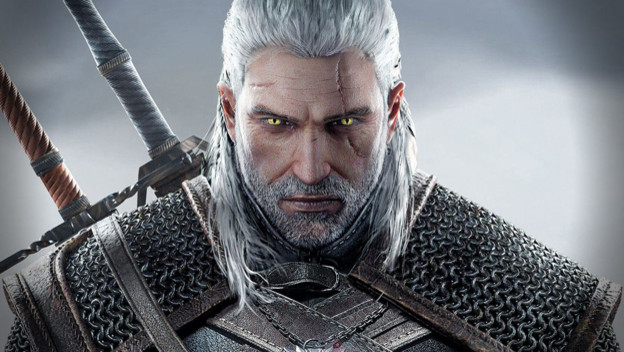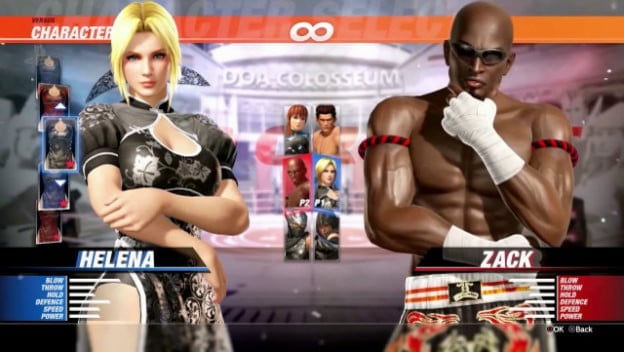There is a lot happening with fighting games in 2018, and even more happening with fighting games heading into 2019. Fighting games have crashed before, and perhaps there are parallels between then and now. But at the same time, things are different. Spaces in general are more crowded. Games as service models have risen to prominence, but in a really unstable way. Also, games in general are booming in terms of business. All of these factors make fighting games, a relatively niche territory, a very uncertain arena.
In 2018, fighting games have had a lot of ups and downs. As we moved into the year, the ghost of Marvel vs Capcom loomed over the scene. Street Fighter V , with its rough launch, still trucks on to this day. Tekken 7 also landed quite well, and continues to do well with its character DLC. But also introduced in 2018 were the following: Dragon Ball FighterZ , which dethroned Street Fighter V in Evo registrations, Twitch views, and general internet hype. BlazBlue: Cross Tag Battle , which was well-received but seems to remain in its niche space. Dissidia Final Fantasy NT , UFC 3 (sorta), Under Night In-Birth Exe: Late[st] , Street Fighter 30th Anniversary Collection (another sorta), Fighting EX Layer , Blade Strangers, SNK Heroines , and WWE 2K19 (a third sorta). As of this writing, Soulcalibur VI and Super Smash Bros Ultimate are yet to release. That’s a lot of games. I don’t even know if half of them have dedicated communities or not. Next year, we can add Dead or Alive 6 and Jump Force to the mix.
2018 has also been a year of service games, battle royale games, battle royale games that are also service games, so on and so forth. More and more games demand, and need, long-term dedication. Fighting games arguably exist in that sort of space by default, inherently. Fighting games today only exist as long as people play them. At the same time, today’s current games industry is one in which games that aren’t successful, and successful quickly, are considered failures and shut down sooner rather than later, sometimes taking their developers with them. We saw this happen multiple times in the hero shooter space, with games like LawBreakers and Battleborn being big examples. In other spaces, games like The Culling II crashed and burned almost as soon as they released.
Like I mentioned earlier, Marvel vs Capcom: Infinite was one such game that seemed dead on arrival, despite the best efforts of the community and Capcom itself trying to show everyone it was a quality fighting title. But public opinion is hard to sway, and people generally couldn’t get past the troubled presentation to give it a chance mechanically. There have been recent rumors of the game getting a facelift and a relaunch in an attempt to save the brand, but for now people have been speculating on the future of Marvel vs Capcom in total since September 2017.

But that was a single failure, and a very notable one in that it had clear issues. What I’m wondering is, within the next year, will there be a LawBreakers -style failure in the genre? LawBreakers obviously didn’t light the world on fire, but it was actually decently-reviewed. It was a solid game, and one that maybe could have had legs if there was room for it. What happens with something like Soulcalibur VI , which is itself an attempt at a comeback after the series fell from previous heights last generation? What happens with Dead or Alive 6 , which is an attempt at drawing in a bigger audience and breaking more into the competitive scene?
I’m just wondering about what’s going to happen with fighters in the next 6-12 months out loud, really. The number of games is piling up, and I’m not sure there are enough fighting game players to support them all. Sure, Dragon Ball FighterZ blew up, but that game has crossover appeal. Meanwhile, people are mad that Soulcalibur VI has a season pass. Obviously it would be great if all these games find their audience and succeed, and last through multiple season passes or whatever. But I do have concerns about the survivability of so many big games vying for a space that’s already niche compared to, even, other esports-friendly genres. At the same time, games in general are pulling in tons of money, more than ever, and established IP rules the day. Just like Mario Kart and Call of Duty have broken their own records, perhaps we’ll see the same for the likes of Soulcalibur and Dead or Alive .
